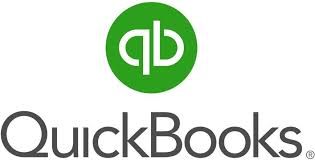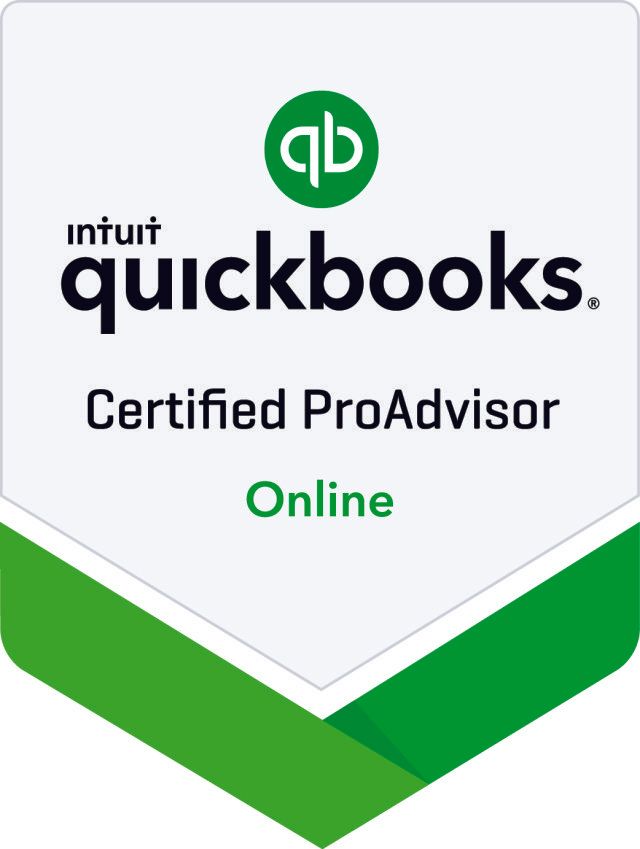Setting Up a UK Business | Business Registration
Taking The First Steps In Your New Business

At Accounts Fortress, we understand the excitement and nerves that come with starting a new business. Taking a chance on your business venture is a huge step and ultimately, there are many different aspects to consider. Additionally, it is quite normal to feel overwhelmed at times of setting all your pre-planning and preparation into motion. As experienced accountants, we are well aware of the fact that often in the beginning stages of starting a business, your financial department might get somewhat overlooked. Many business start up owners make the mistake of thinking that they won’t benefit from having an accountant assist with setting up a UK business.
This couldn’t be further from the truth! Expert accountants will help you from the very beginning of your new venture. Including helping you to create a sound business plan, advising you on the most suitable type of company to register as and even assisting with cash flow forecasting. The right
business start up accountant will help you to take the right first business steps.
Determining The Correct Registration
Once you are ready to register your company, you will need to ensure that you register as the right kind of entity. It is important to ask the right questions when it comes to the registration of your start up business. This is because the type of business you register will determine the requirements of your submissions and statutory contributions. As an example, if you register as a Sole Trader, you will not need to register with
Companies House, although you would need to notify HMRC. Additionally, this type of business is not deemed a legal entity in it’s own right. Consequently the owner of the business has unlimited liability to all debts and legal actions.
Ultimately, Sole Traders do require minimal setup, as well as reduced filing requirements. However, the personal risk associated with this type of business could mean that the better route to go is to register as a limited company.
Deciding What’s Best For Your Business
Should it be determined that a limited company is the right type of entity for your start up business, you will need to also make a decision on whether it will be public or private. Upon incorporation, limited companies’ filing history and appointments become publicly available on the Companies House register. Furthermore, both of these options stipulate that the business is a legal entity on its own. This means that should the enterprise become insolvent, the personal assets of stakeholders will not be exposed. However, there are still some main differences to consider between the two options.
Additionally, you could also register as either a Limited Liability Partnership (LLP) or a Limited Partnership (LP). Naturally, these types of businesses will consist of two or more partners running the business together. In these instances, it is also recommended to determine and document each member’s responsibilities in the business before getting started.
Expert Business Start Up Accountants in Kent
Starting your new business the right way could potentially make or break your company in the
competitive UK business world. Accounts Fortress can help you to create healthy bookkeeping habits and set the right financial goals. Not only that, we will also take it a step further by offering our cash flow forecast to help your business prepare for anything in the future. Furthermore, we will take the stress out of your tax submissions by ensuring that you are actively keeping track of the necessary data.
As
experineced small business accountants in Kent, we are able to offer your business financial advice that adds value and promotes the growth of your business start up. If you have been wondering lately who the best accountants are to help you with setting up a UK business, then look no further than Accounts Fortress.
Get in touch with us if you are looking for expert business start up accountants in Kent.
Get in Contact
Contact Us
We will get back to you as soon as possible
Please try again later
Accounts Fortress Ltd. © All rights reserved
Powered by Taking London










